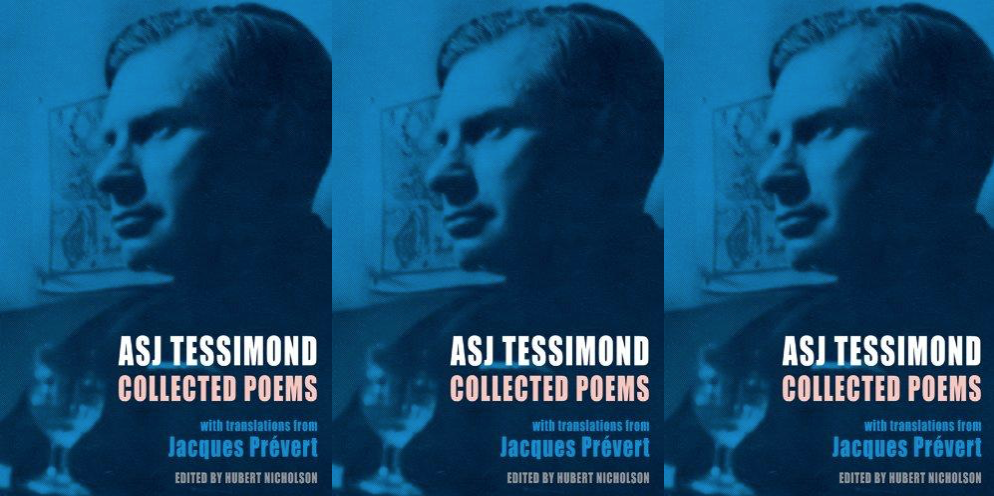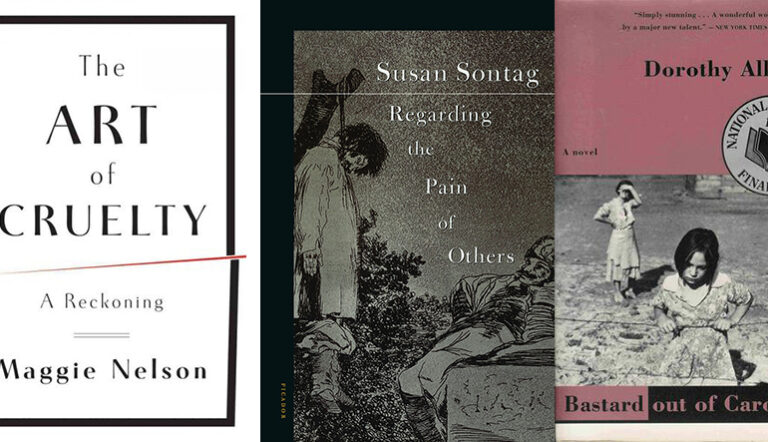A. S. J. Tessimond’s Collected Poems

Collected Poems
A.S.J. Tessimond
Bloodaxe Books, November 2010
256 pages
$24.95
Wallace Stevens wrote that “The poem must resist the intelligence / Almost successfully.” That mischievous “almost,” of course, can be interpreted in many ways, and poets have always had different attitudes about how much of a fight verses should put up before they begin to be understood.
The poet A. S. J. Tessimond was, unfashionably for his era, not one of the resistors. Keeping what Orwell called the “prose meaning” of his verse close to the surface, Tessimond doesn’t fight the intelligence; he courts and tries to enchant it. Several of his poems are basically rhymed essays, and even his more imagistic work offers up a portion of meaning almost immediately. This does not, however, mean that the poems are simplistic. A sample:
Not Love Perhaps
This is not Love perhaps – Love that lays down
Its life, that many waters cannot quench, nor the floods drown –
But something written in lighter ink, said in a lower tone:
Something perhaps especially our own:
A need at times to be together and talk –
And then the finding we can walk
More firmly through dark narrow places
And meet more easily nightmare faces:
A need to reach out sometimes hand to hand –
And then find Earth less like an alien land:
A need for alliance to defeat
The whisperers at the corner of the street:
A need for inns on roads, islands in seas, halts for discoveries
to be shared,
Maps checked and notes compared:
A need at times of each for each
Direct as the need of throat and tongue for speech.
Many of Tessimond’s virtues and flaws can be seen in this poem—one of his best known. Repeatedly, you find the poet’s ability to enter into common areas of experience, and the extraordinary skill at versification, where rhyme is used beautifully without contorting the language. On the other hand, the tendency to list—to intelligently identify and classify without ever fully engaging the emotions—is also apparent. You tend to remember sparkling individual couplets in Tessimond’s work rather than complete poems.
These limitations, however, simply define the borders of Tessimond’s talent, and shouldn’t take away from his genuine achievement. “The Ad-Man” has couplets worthy of Alexander Pope, and “The Unwept Waste” is as universal as many of Larkin’s best poems. And there are a dozen others in Tessimond’s slim oeuvre that are just as good. He could have been describing himself in “The Lesser Artists,” when he wrote of authors “Whom the ironical gods in a casual moment / Chose for their gift of tongues and touched with fire.”
Tessimond died in 1962, largely unknown even in England, but his work has steadily found a following there. It is accomplished, accessible, and endlessly quotable. Seek it out, especially if you are one of those people who think that you don’t like poetry. These poems are not hard, but they are the real thing.

